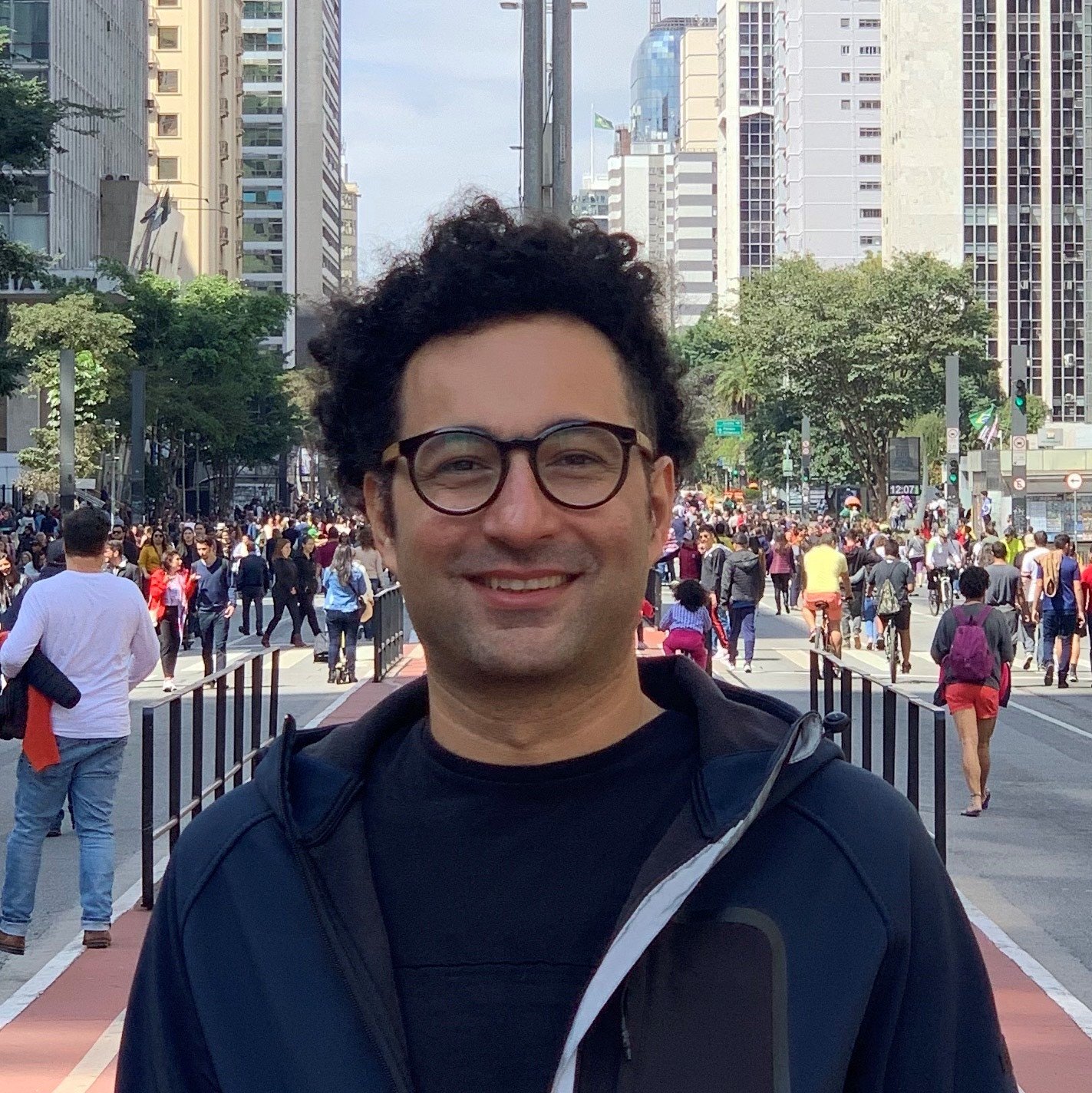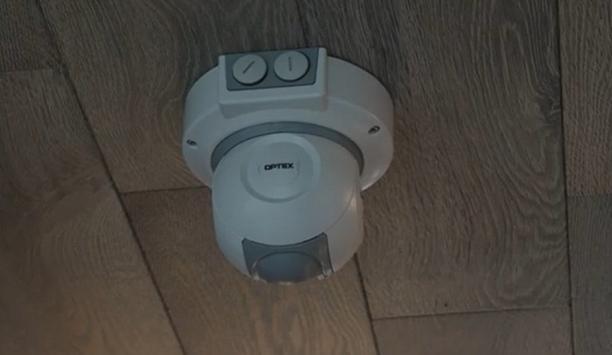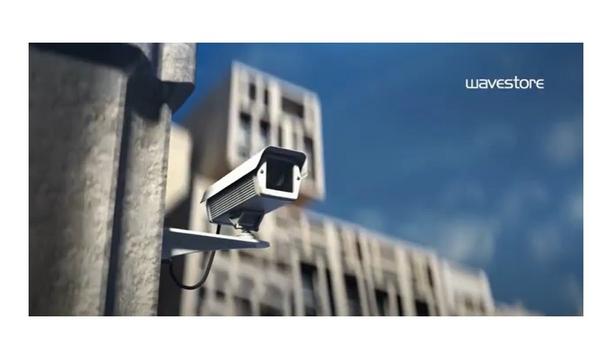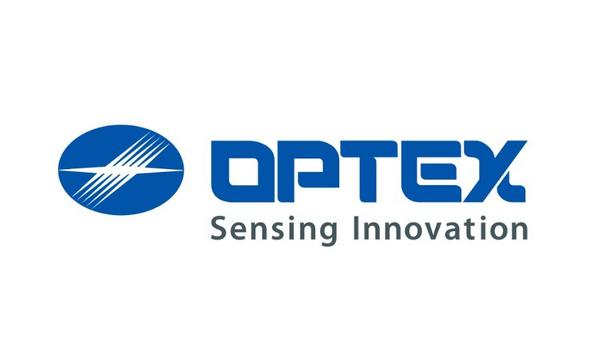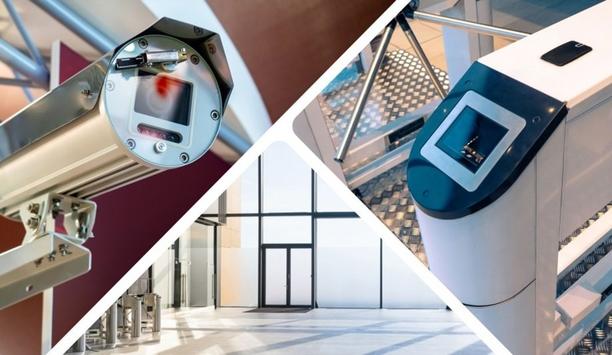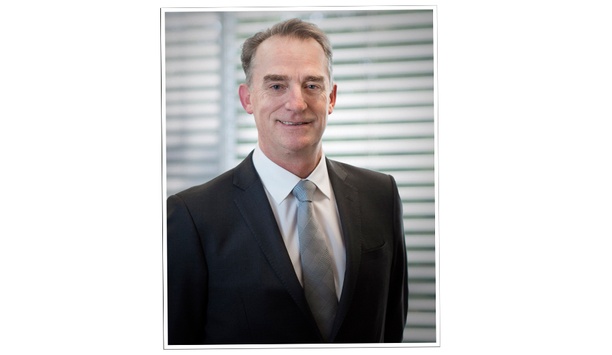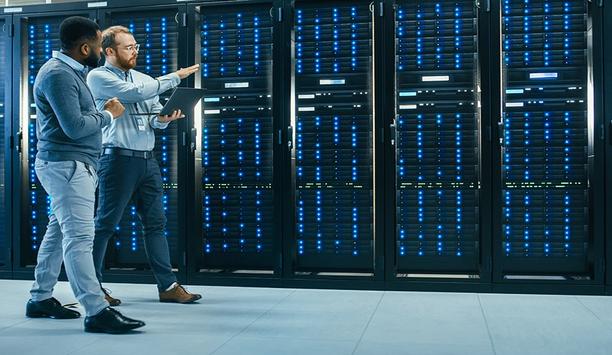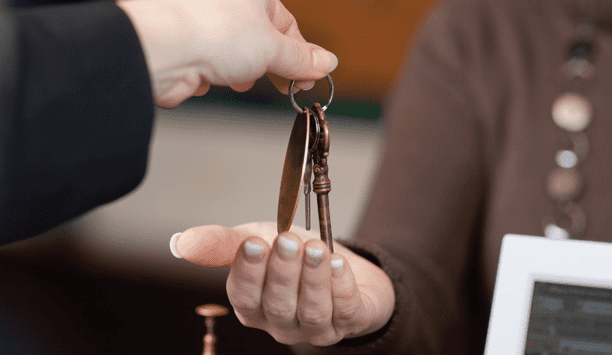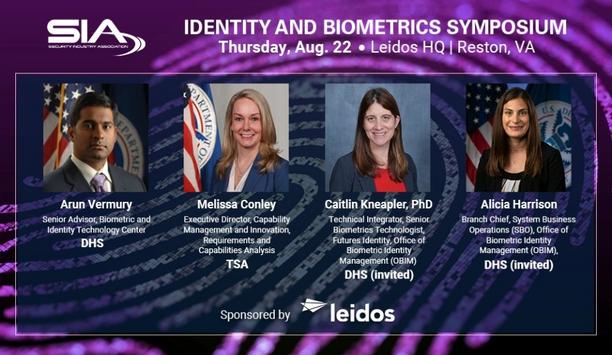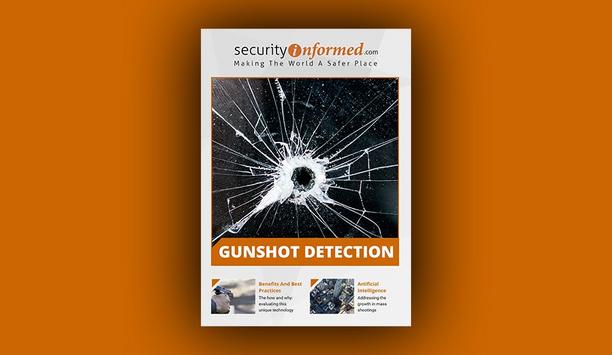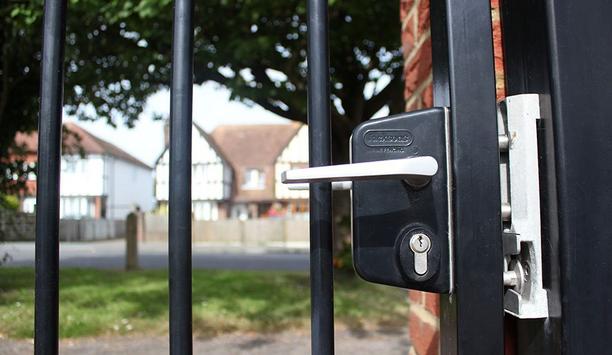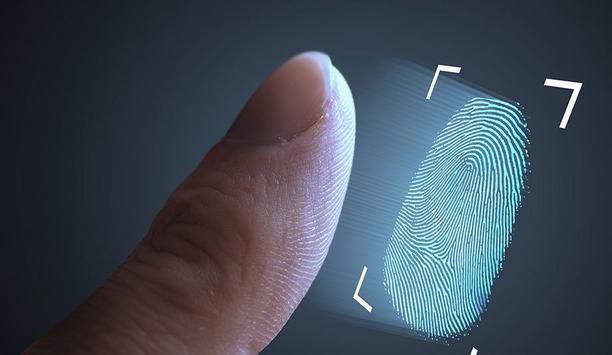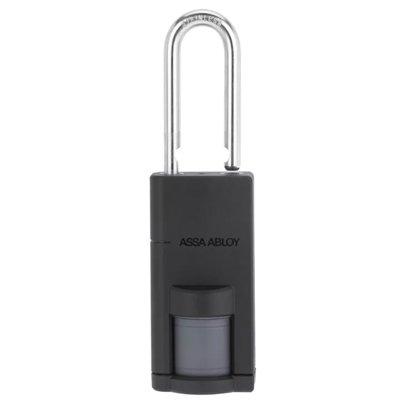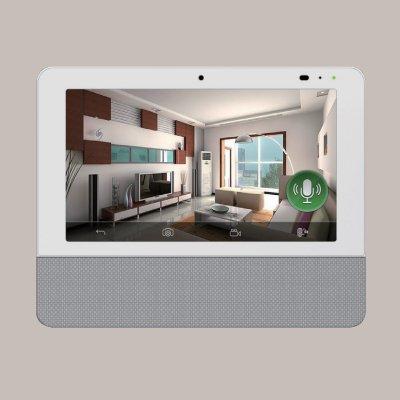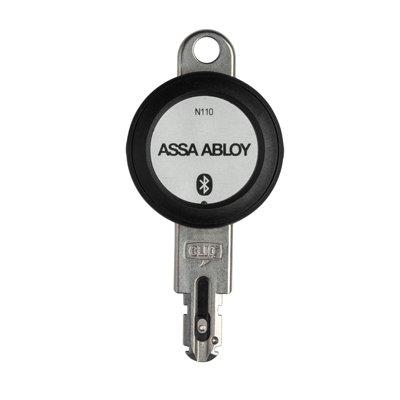Nowadays, everything seems easier in the matter of surveillance. Sophisticated technology safeguards our valuables for us without asking for anything in return. But what if it’s not true? What if it comes with a price? Video surveillance systems are a popular way to keep the property under constant control. It’s not rare that the technological sophistication of these systems puts us in awe. They make us feel, and be, safe.
Yet, there are doubts when it comes to ensuring privacy. And these worries are understandable. Privacy abusers wait around every corner. Some of the fish for data coming from our monitoring systems. Should we then give up and go back to the in-person property guarding? Not really. Countless advantages make an intelligent video surveillance system worth trying. How to find the best solution within the video surveillance systems? Which system is the most secure in protecting us from the threats of privacy abuse: in-house processing unit, or the cloud?
Desire for safety
Every human wants to feel safe. At the bottom of Maslow's "Needs Hierarchy," there are two most essential points. We desire to fulfill our physiological necessities - the need for food, water, warmth, and rest. In the second place, also fundamental is a need for security.Security doesn’t only mean keeping burglars away from the property Today's fast-paced world changes its outer expression, yet the significance of security is constant. We crave to feel safe and we are ready to do a lot to achieve it.
The core truth to begin with when it comes to security is its definition. Security doesn’t only mean keeping burglars away from the property. If it did, we would be content with any camera surveillance system, regardless of its privacy threats. The issue is more complex. Humans value their privacy. Not only keeping our valuables safe but also being away from the sight of others matters to us. We put efforts to protect our privacy, whether it comes to houses, businesses, or sensitive data.
Data privacy
Why is it so important? Ongoing cases of privacy invasions prove that data finds "new owners" very fast. These data takeovers can result in a major inconvenience and robbery on a large scale. Main privacy threats are information collection, processing, dissemination, and invasion. We want to protect data obtained by video surveillance systems. Privacy and security are sometimes compared to water and oilThese are, for example, video registrations, times of entrance to the property, number and identities of visitors, etc.
Privacy and security are sometimes compared to water and oil. They say you can have security but you’ll lose privacy. They say you can have privacy, but you’ll lose security. These common convictions inspired a new generation of companies to create privacy-first security solutions. They are, in other words, security systems focused on not sacrificing privacy.
Cloud-based systems
Most of the time, popular video surveillance systems but at the same time insecure when it comes to privacy are running on the cloud. There has been a long discussion about its safety and it continues to raise privacy concerns. These systems too often fail in ensuring privacy, and they are vulnerable to hacking. Ring, Nest, and other home security companies experienced compromising mishaps on a large scale. It's not a secret that some cloud-based companies partner up with police departments. Also, if your data is too available, tech companies can sell it to advertisers.Data uploaded onto the cloud is exposed for anyone to meddle with
Data uploaded onto the cloud is exposed for anyone to meddle with. According to the book The Age of Surveillance Capitalism_ The Fight for a Human Future at the New Frontier of Power by Shoshana Zuboff “Nest takes little responsibility for the security of that information and none for how other companies will put it to use. In fact, University of London legal scholars Guido Noto La Diega and Ian Walden, who analysed these documents, reckon that were one to enter into the Nest ecosystem of connected devices and apps, each with their own equally burdensome terms, the purchase of a single home thermostat entails the need to review nearly a thousand contracts.” Security and privacy vanish once a smart home system enables remote access.
In-house processing units
It all leads to the conclusion that keeping data in the in-house processing unit is safer and more private. It keeps us away from the eyes of governments, corporates, advertisers, and hackers. And since the market is proactive, solutions in that department came fast. Thanks to the advances to the internet of things (IoT), edge computing, and machine learning, it will be possible in the near future to find different surveillance private-secure systems on the market. A privacy-centered "architecture" processes and stores camera footage inside the propertyThey will combine the most advanced technology with sophisticated privacy protection. In the in-house option, a privacy-centered "architecture" processes and stores camera footage inside the property.
For example, one Seattle-based startup is working on a solution that uses specialized IP cameras that work in groups with an edge computing device. An AI (artificial intelligence) algorithm analyses all the footage taken by the cameras. Once it detects anomalies, it notifies the final user. Those systems don't upload any of the customers' data to the cloud, they keep privacy and all the information at the customer's home. The in-house processing unit can learn to differentiate what its user marks as important. The system captures and saves only those pieces of information.
Smart surveillance systems
To give an example: users who wish to know when their dog is outside can set the cameras to detect it. If they wish to turn a blind eye to burglars, they are free to do it. Smart surveillance systems work with facial matching and pose detection technology. They can detect individuals that haven’t logged on to the system. This tool respects an ethical protocol. It isn’t sensitive to a specific gender, race, or age. Its purpose is to detect behavior identified as suspicious without targeting individual identities. By identifying people who aren’t a part of your daily routine, the system cuts any kind of security risk.
The in-house processing unit video surveillance systems "do the watching" for you. The newest in-house processing unit video surveillance systems will sharpen the feature of crucial importance - privacy protectionThat revolutionises the way we think about security. The system that integrates all the security visual sensors into the “brain” of the system is the smartest and safest idea on the market. This “brain” later decides whether to notify the user about the potential danger or let it go. It deletes every irrelevant piece of data on the spot. This kind of cognitive machinery saves both your time and bandwidth. Thanks to them, you get rid of unnecessary alerts.
The newest in-house processing unit video surveillance systems will sharpen the feature of crucial importance - privacy protection. The newest technology offers a plenitude of sophisticated surveillance methods. Our task is to choose the right one. The one that not only protects our properties and valuables but also our privacy.

